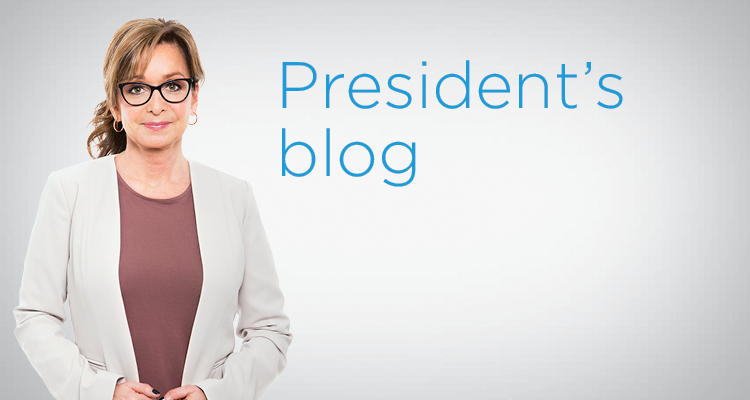
Local negotiations: a crucial process
For several months, negotiations to renew local collective agreements have been underway in the CISSSs and CIUSSSs. These negotiations are, among other things, a way to standardize the agreements following Minister Gaétan Barrette’s giant mergers. In parallel, all of our unions will need to have discussions about implementing Letter of Understanding No. 6, which the FIQ obtained during the last provincial negotiations. With this letter of understanding, we should be able to significantly increase the number of full-time positions for healthcare professionals.
Our unions put a lot of hard work into preparing these negotiations. They came up with proposals to improve healthcare professionals’ working conditions and subsequently recover their ability to provide safe care. They also involved and consulted their members throughout the whole process. It was work done in good faith for the agreements under negotiation.
In all negotiations, each party has its own strategies and that’s fine. Our unions are completely independent in the local negotiations process. Normally, this is also how CISSS and CIUSSS managers operate. However, several signs and decisions lead us to believe that institution managers are coordinating their strategies. “At the signal, we ask for concessions on the home base. At the signal, we pull back on this.” Etc.
That’s why for weeks now, our unions have been in a tug of war at the bargaining table. In some areas, they were on the verge of concluding an agreement when all of a sudden the employer party completely changed its position as if a call from an authority brought everything to a halt.
The employer’s attitude is infuriating, their strategy counter-productive and their methods outdated, as if they were running a cynical operation. Some employers only grant us 2 to 3 days of negotiation per month, others haggle over union leaves— all in an effort to prevent us from advancing. It’s a waste of time, money and resources. Where is the concern for workers? Where is the concern for patients in the midst of all of this deception?
Enough is enough. Healthcare professionals’ patience has run out. They’re mobilizing throughout the province. They want negotiated agreements. They want adequate collective agreements. Mobilization will increase as long as institution managers continue to play these games. Healthcare professionals will make their voices heard in their institutions, in the public sphere and in the upcoming election. They will question the candidates who should have answers for them.
The health network needs to become appealing once again. We need to be able to retain our healthcare professionals and implement change. It’s been 14 months—the negotiation game has gone on long enough.
The FIQ is here and I am here to support our 75,000 healthcare professionals and the patients in the province of Quebec.